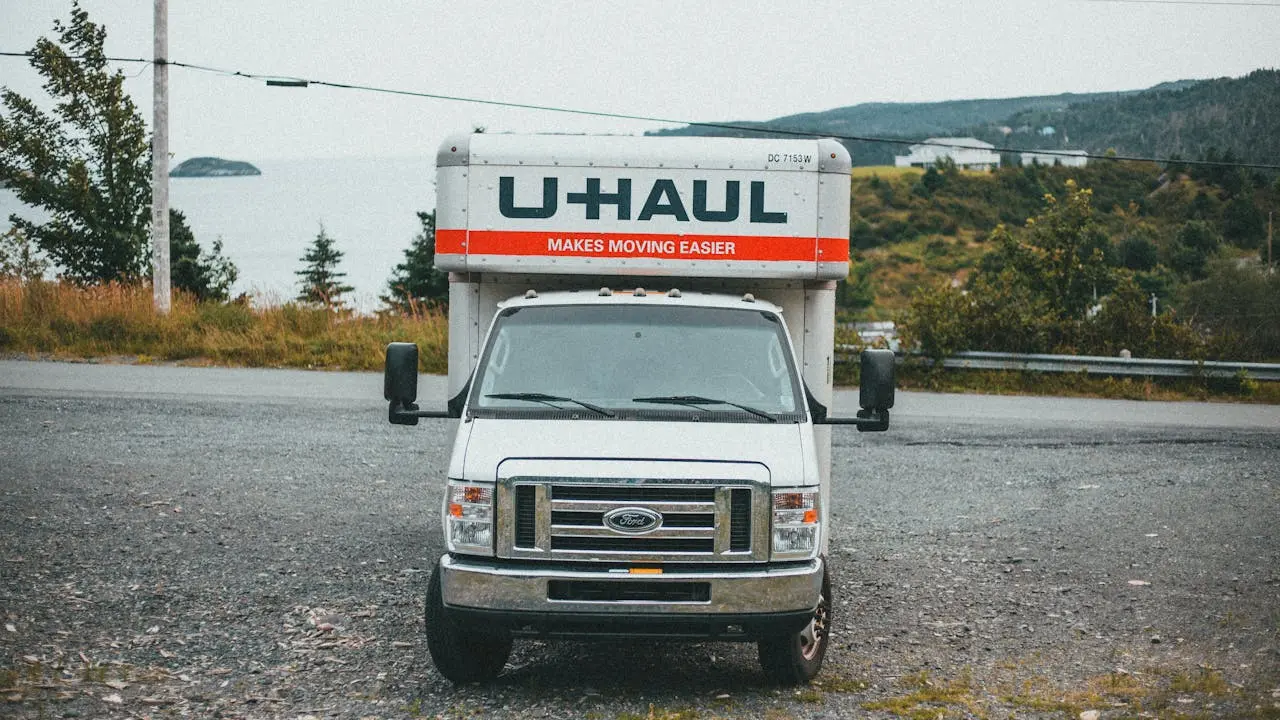
U-Haul® is now serving customers at 3394 Elm Road NE in Warren, site of the former Chase® bank and Tops® Friendly Market grocery store locations.The 7.8-acre property was purchased on July 30.
U-Haul Moving & Storage of Warren North is currently serving customers out of a temporary retail showroom and is scheduled to complete renovations by summer 2025. Services available immediately include moving truck rentals, trailers, towing devices, boxes and moving supplies, and more.
Download the U-Haul app for reservations or contact U-Haul of Warren North at (330) 372-2089.
Plans call for the addition of 1,000 indoor climate-controlled self-storage units with high-tech security features at affordable price points. The 69,000-square-foot complex will host a warehouse that can store up to 500 U-Box portable moving and storage containers. Once renovations are finished, the store will also offer services such as professional hitch installation and propane.
U-Haul Company’s Adaptive Reuse program will be implemented to transform the property into a retail, moving and self-storage center and an accompanying U-Box warehouse. This ecofriendly strategy for opening new stores reduces emissions, eliminates blight and offers a faster route to providing the quality storage products and self-move services U-Haul customers expect.
“The demand for U-Haul products and services is growing rapidly in Warren,” said Alissa Nider, U-Haul Company of Akron president. “We are excited to refurbish this abandoned lot to create something useful and highly requested by the community.”
Nider plans to hire up to 10 Team Members to staff the new store. U-Haul will look to hire locally to promote job in the Warren community. U-Haul, honored as a Best for Vets employer by The Military Times, actively recruits veterans and gives them preference in the hiring process. Find U-Haul careers at uhauljobs.com.
Acquisition of the former bank and grocery store was driven by U-Haul Corporate Sustainability initiatives: U-Haul supports infill developments to help local communities lower their carbon footprint. The adaptive reuse of existing buildings reduces the amount of energy and resources required for new-building materials and helps cities reduce their unwanted inventory of unused buildings.

